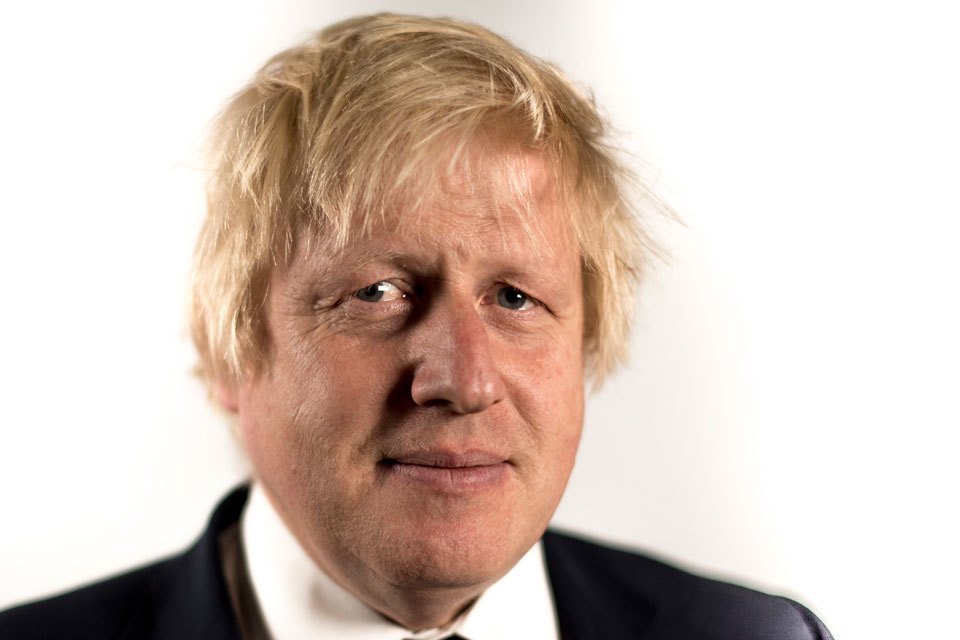Only Russia could have committed this crime: article by Boris Johnson
Writing in the Sunday Times, the Foreign Secretary examines the facts in the poisoning of Sergei and Yulia Skripal in the Salisbury attack.

Sometimes it seems as if running a good cover-up is the main job of the Kremlin. No other government devotes as much time and effort to the business of trying to sabotage or discredit international inquiries.
It says much about the Russian state’s appetite for high crime and misdemeanour that it has found this ability so indispensable. And Moscow’s well-honed techniques have been on full display since Sergei and Yulia Skripal were poisoned in Salisbury on 4 March.
The essence of a Kremlin cover-up is a cynical attempt to bury awkward facts beneath an avalanche of lies and disinformation.
So far, the Russian government and state-owned media have invented 29 separate theories about the Salisbury poisonings, including the novel suggestion that the Skripals’ ordeal was revenge for Britain’s alleged poisoning of Ivan the Terrible in 1584 (before Britain as a state actually existed).
This time, the torrent of absurdity has availed the Kremlin little: 28 countries and NATO delivered their emphatic answer by siding with Britain and evicting more than 150 Russian diplomats, the largest collective expulsion in history.
[political content removed]
So let me repeat the facts. Our experts at Porton Down have identified the substance used against the Skripals as a “military grade” Novichok, a class of nerve agents developed by Russia.
In addition, the British government has information that within the last decade Russia has investigated ways of delivering nerve agents likely for assassination and as part of this programme has produced and stockpiled small quantities of Novichoks.
Moreover, Russia has an obvious motive for targeting Sergei Skripal. In the year that Skripal moved to Britain, President Putin made a televised threat that “traitors” would “kick the bucket” and “choke”.
The fate of Alexander Litvinenko, murdered in London in 2006, demonstrates the Kremlin’s willingness to kill someone in this country. The Russian Duma has actually passed a law that allows the assassination of “extremists” overseas.
Put the facts together and there is one conclusion: only the Russian state has the means, the motive and the record to carry out this crime. As the Prime Minister told the Commons on 14th March, there is “no alternative conclusion other than that the Russian state was culpable for the attempted murder”.
[political content removed]
The next moment will come when the Organisation for the Prohibition of Chemical Weapons (OPCW) releases its analysis of the nerve agent used in Salisbury. In accordance with the Chemical Weapons Convention, Porton Down provided samples to the OPCW so that its experts could independently verify the analysis.
Like the Porton Down scientists the OPCW’s job is to identify what substance was used, not who attempted the assassination.
Yet the Russian state has already begun a pre-emptive campaign to discredit the OPCW’s verdict. Last week, Russia asked to join the OPCW investigation, which is rather like a suspected drunk driver demanding the right to use his own breathalyser. The OPCW Executive Council resoundingly defeated this ploy, with only 6 out of 41 countries siding with Russia.
This raises an obvious question: will the Kremlin accept the finding of the OPCW when it comes? Sergei Lavrov, the Russian foreign minister, gave an answer which I will paraphrase as a flat no – unless, of course, the Kremlin was allowed to breathalyse itself. Russia “cannot support in advance the results of an investigation it is not a part of”, he declared, rather as a drunk driver might insist on the right to join the police investigation into himself.
[political content removed]
Read more about the government’s response to the Salisbury attack.